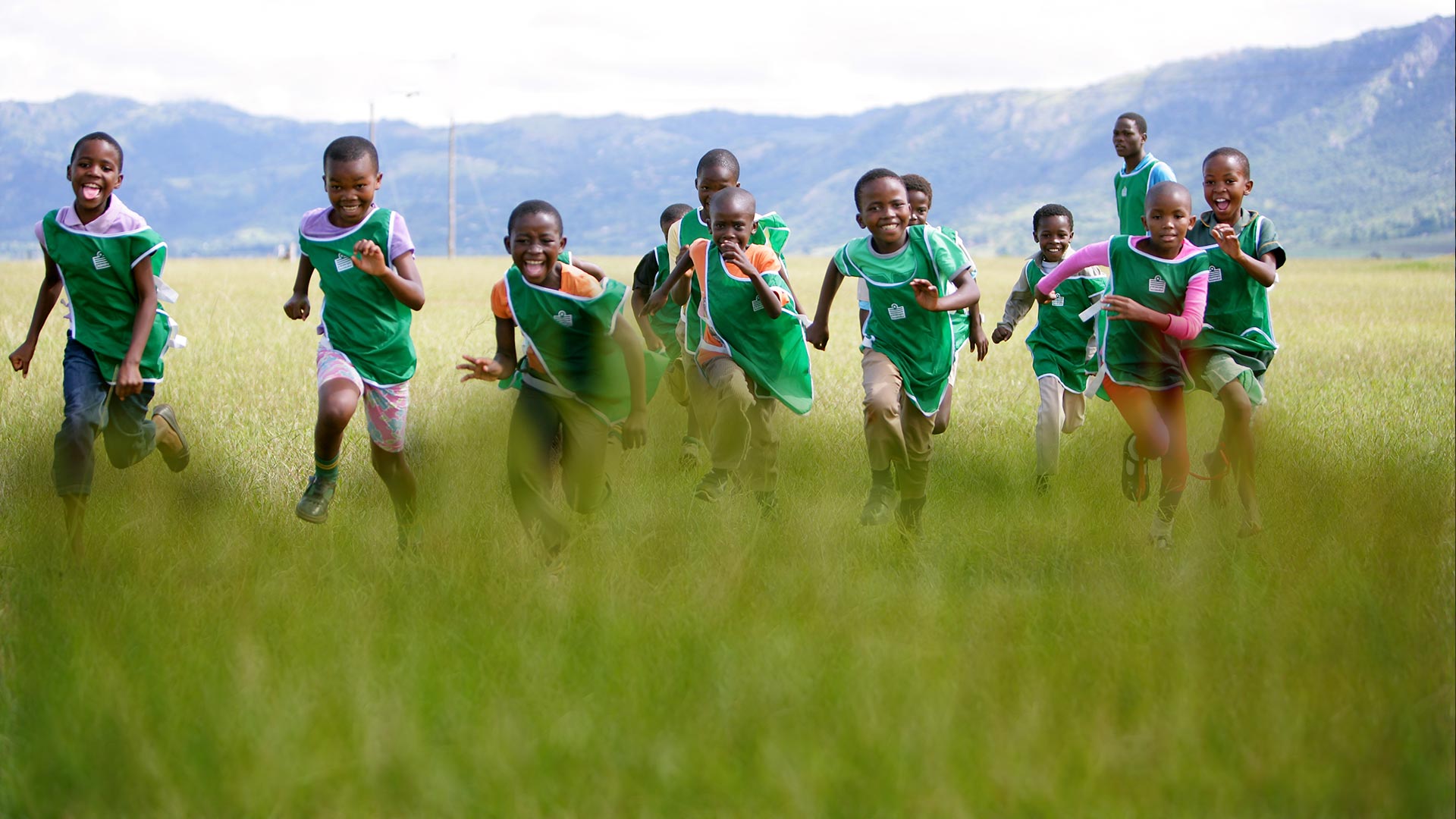Ethical and methodological considerations for researching children exposed to political violence.
Bennouna, C., & Stark, L. (2021). Ethical and methodological considerations for researching children exposed to political violence. In C. W. Greenbaum, M. M. Haj-Yahia, & C. Hamilton (Eds.), Handbook of Political Violence and Children: Psychosocial Effects, Intervention, and Prevention Policy
Ethical reflections on children’s participation in educational research during humanitarian crises.
Maglio, F., & Pherali, T. (2020). Ethical reflections on children's participation in educational research during humanitarian crises. Research Ethics, 16, 1-2, pp. 1-19. Abstract: This paper aims to reflect upon ethical dilemmas arising from educational research in humanitarian contexts, particularly when
Distinctive ethical challenges in qualitative research with migrant children.
Castillo Goncalves, D. (2020). Distinctive ethical challenges in qualitative research with migrant children. Qualitative Research Journal, 20(3), pp. 293-303. This paper describes distinctive ethical challenges encountered in qualitative research with migrant children. It brings attention to how the exploratory nature
Ethical tensions in designing ethnographic research with schoolchildren in rural Karnataka.
Ipe, R. (2019). Ethical tensions in designing ethnographic research with schoolchildren in rural Karnataka. Global Studies of Childhood, 9(2), pp. 120–131. This article explores the ethical tensions surrounding preparing for ethnographic research with children in a rural distract of Karnataka, India.
Ethical issues in conducting child development research in Sub-Saharan Africa.
Foxcroft, C.D. (2017). Ethical issues in conducting child development research in Sub-Saharan Africa. In Abubakar A., & van de Vijver F. (Eds.). Handbook of Applied Developmental Science in Sub-Saharan Africa. Springer: New York, NY. Print ISBN: 978-1-4939-7326-2; e-ISBN: 978-1-4939-7328-6. Abstract: While
Unpacking the ethics of access and safety of participants and researchers of child sexual abuse in Ghana.
Markwei, U., & Tetteh, P. M. (2021). Unpacking the ethics of access and safety of participants and researchers of child sexual abuse in Ghana. Children's Geographies, 19(4), pp. 379-389. Abstract: Despite the generous legislative environments that protects children from sexual abuse,
The co-productive imagination: A creative, speculative and eventful approach to co-producing research.
Duggan, J. (2021). The co-productive imagination: a creative, speculative and eventful approach to co-producing research. International Journal of Social Research Methodology, 24(3), pp. 355-367. Abstract: This article explores the co-production of research as creative, speculative, and eventful rather than as
‘To say no wasn’t something we could do’: Reflexive accounts and negotiations of the ethical practice of informed consent during the research process and beyond.
Sixtenssen, J. (2022). 'To say no wasn't something we could do': Reflexive accounts and negotiations of the ethical practice of informed consent during the research process and beyond. In The Politics and Ethics of Representation in Qualitative Research: Addressing Moments
’What about my voice’: Emancipating the voices of children with disabilities through participant-centred methods.
Stafford, L. (2017). 'What about my voice': Emancipating the voices of children with disabilities through participant-centred methods. Children’s Geographies, 15(5), pp. 600-613. Abstract: Children with diverse physical, communication and/or cognitive impairments are often overlooked as active research participants. This paper challenges
“I wouldn’t trust the parents to ‘do no harm’ to a queer kid”: Rethinking parental permission requirements for youth participation in social science research.
Sims, J. P., & Nolen, C. (2021). “I Wouldn’t Trust the Parents To ‘Do No Harm’ To a Queer Kid”: Rethinking Parental Permission Requirements for Youth Participation in Social Science Research. Journal of Empirical Research on Human Research Ethics, 16(1–2),


